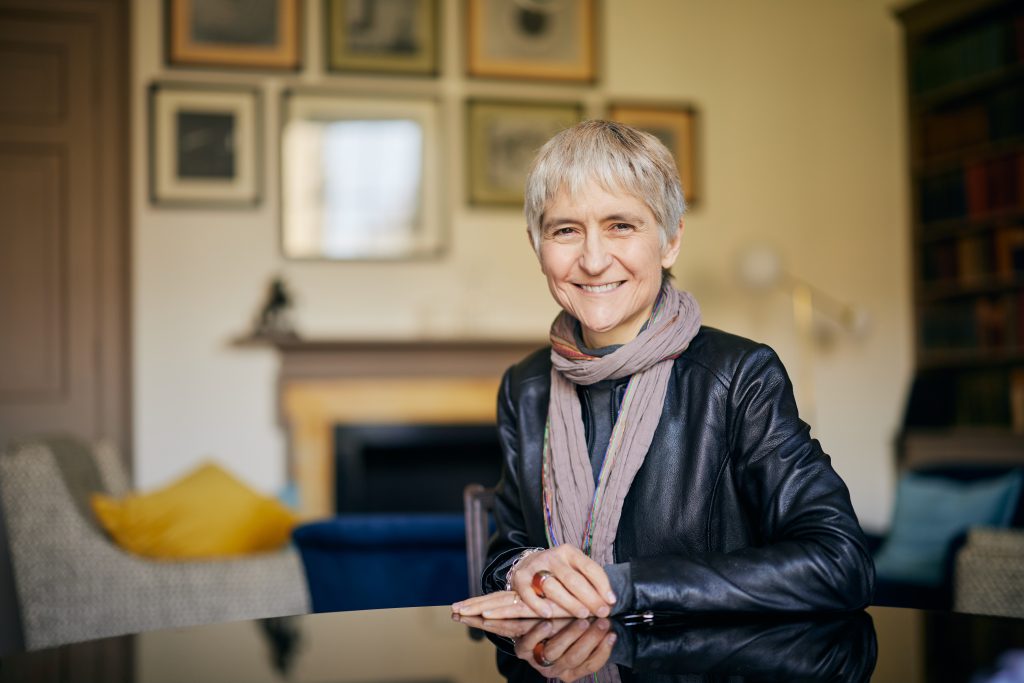I was the Provost of Queen’s from 2019 to 2025.
After reading Natural Sciences at Cambridge, I specialised in geophysics. During my career I have worked extensively on strategy and science in decision-making, including periods at McKinsey & Co and the Prime Minister’s Delivery Unit, working in the Cabinet Office and the Ministry of Defence. I was previously the Director of the UK Government Office for Science.
Before starting at Queen’s, I was the Chief Science Policy Officer at the Royal Society. During my time there, the Society ran significant policy and public programmes on Machine Learning, the governance and ethics of the uses of data, AI narratives and the implications of AI for the future of work, together with a major public lecture series on AI supported by DeepMind.
I am Vice President (Evidence) of the International Network for Government Science Advice, and am leading work to establish a European Chapter of INGSA.
I was awarded a CBE for my part in developing the UK government’s science-based strategic futures programme, Foresight, which provided evidence and insights to decision-makers in areas from flood risk in 2080, to human enhancement, and the future of computer-based trading in financial markets.
I have held Board-level roles at a range of research and teaching institutions, including the Council of King’s College London, where I helped establish King’s Maths School, a university-sponsored Free School for talented 16-19-year-old mathematicians; the University of the West of England; and Newnham College, Cambridge. In 2020, I was elected to an Honorary Fellowship at St John’s College, Cambridge and in 2021, I was elected to an Honorary Fellowship at the University of Bath.
At Oxford, I was involved with the following University committees: Department of Statistics External Advisory Panel (as a panel member); College Accounts Committee (Chair); and the Ethics in Artificial Intelligence Advisory Council (panel member).
My first book How does government listen to scientists? was published by Palgrave in August 2018. My second book Storylistening: Narrative Evidence and Public Reasoning was published by Routledge in 2022. It makes the case for the urgent need to take stories seriously in order to improve public reasoning. Co-authored with Sarah Dillon, we provide a theory and practice for gathering narrative evidence that will complement and strengthen, not distort, other forms of evidence, including that from science.
Book talk: “Storylistening: Narrative Evidence & Public Reasoning” with Claire Craig & Sarah Dillon
Dr Claire Craig Talks About Storylistening And The Power Of Listening
Videos of Public Appearances
Climate change through history: what can we learn? A Green Alliance event chaired by Claire Craig, featuring Professor Geoffrey Parker (Ohio State University) and Professor Kyle Harper (University of Oklahoma), September 2020.
CogX 2020, Global Leadership Summit and Festival of AI & Emerging Technology:
- Exit through the App Store: Immunity passports and the future of health identity
- The Future of Research
Watch Dr Craig speak at the 2019 Futures Conference: Shaping our Future in Wales.
Selected Publications
- Storylistening: Narrative Evidence and Public Reasoning (Routledge, 2022)
- ‘How policymakers should think about the future’, Apolitical, 2020.
- How does government listen to scientists? (Palgrave Macmillan, 2018).
